In today’s fast-paced industrial landscape, businesses must move heavy loads across production lines and efficiently across their distribution centers. Custom conveyor systems have emerged as a vital solution to streamline material handling, reduce labor costs, and enhance productivity.
Conveyor systems are mechanical devices designed to transport materials from one location to another within a facility. They are integral to various industries, including manufacturing, logistics, and distribution. Different conveyor systems exist; each suited to specific applications and load requirements.
We engineer each type, from conveyor belts to automated systems, to improve efficiency, reduce manual labor, and streamline workflows. Conveyor systems can handle various materials, from bulky goods to fragile items, ensuring safe and efficient transport. As businesses grow and evolve, they can customize conveyor systems to meet changing demands and support future expansion.
Below are some of the key types of conveyors. We design each type to meet specific material handling needs across various industries.
Utilize a continuous belt to transport items. Belt conveyors are ideal for moving bulk materials or items with irregular shapes. The mining and manufacturing industries commonly use them. Belt conveyors offer reliable, cost-effective, short—and long-distance transport solutions.
Consists of a series of rollers that allow items to move with minimal effort. Gravity roller conveyors rely on an inclined angle to move items along the rollers. They also depend on the natural force of gravity to move items along the rollers. Powered roller conveyors use motors to drive the rollers, enabling them to handle heavier loads easily.
Employ chains to move items, making them suitable for heavy-duty applications. Chain conveyors are highly durable and offer a cost-effective solution for material handling.
They integrate into automated storage and retrieval systems (ASRS) to move products between areas. These systems speed up manufacturing on production lines.
Incorporate sensors, controls, and robotics to automate the movement of materials, enhancing efficiency and reducing human intervention. These systems are ideal for high-volume operations requiring speed, accuracy, and minimal downtime.
The conveyor system market has experienced solid growth in recent years. It increased from $9.71 billion in 2024 to an estimated $10.28 billion in 2025, reflecting a compound annual growth rate (CAGR) of 5.9%. This upward trend is expected to continue, with the market projected to reach $13.19 billion by 2029, growing at a CAGR of 6.4%.
Off-the-shelf conveyor solutions may not always meet a business's specific needs. These solutions may not work well when handling heavy loads or unique operational requirements. We tailor custom conveyor systems to fit a facility's specifications, ensuring optimal performance and efficiency.
Custom solutions also improve safety, reduce maintenance needs, and support long-term cost savings. Custom conveyor systems fit specific operational requirements, maximizing productivity and space utilization. Below are some key benefits of these systems.
Custom designs can maximize available floor space, accommodating a facility's unique layout. This leads to a smoother workflow and better organization of equipment and materials. Efficient space usage also helps reduce operational bottlenecks and improve overall productivity.
Tailored systems ensure smooth material flow, reducing bottlenecks and downtime. We design them to match your specific process requirements, improving throughput and consistency. This results in faster operations, lower labor costs, and increased output.
We can design custom conveyors with future expansion in mind, allowing easy upgrades as business needs grow. This flexibility helps businesses adapt quickly to changing demands or production increases. Scalable systems also reduce the need for costly replacements, making them a wise long-term investment.
Custom systems can incorporate safety features specific to the hazards present in a particular environment. This reduces the risk of workplace injuries and ensures compliance with industry safety regulations. Enhanced safety also contributes to higher employee confidence and operational reliability.
Selecting the appropriate conveyor system involves evaluating several factors to ensure it aligns with operational needs and goals.
Understanding the type and weight of the materials to be transported is crucial. Heavy-duty items may require robust conveyors like chain-driven systems, while lighter materials might suit gravity roller conveyors.
The facility's space dictates the type of conveyor system you can install. Custom conveyors can be designed to fit specific spatial requirements, optimizing workflow and minimizing disruptions.
Different applications demand varying speeds and throughput capacities. Choosing a conveyor system that can handle the required volume without compromising efficiency is essential.
You must consider environmental factors such as temperature, humidity, and chemical exposure. Certain materials may require specialized conveyors to withstand harsh conditions.
A new conveyor system should seamlessly integrate with existing equipment and workflows. Custom solutions can be designed to interface with current systems, ensuring a smooth transition and minimal disruption.
Custom conveyor systems find applications across various industries, each with specific requirements and challenges.
Conveyors transport materials between different stages of production in manufacturing settings. Heavy-duty conveyors are essential for moving significant components, while automated systems can streamline assembly processes.
Distribution centers rely on efficient material handling systems to manage the flow of goods. We can design custom conveyors to handle diverse product types and integrate with inventory management systems.
Read More: Partnering with Trusted Material Handling Equipment Supplier
Automotive manufacturing involves the assembly of complex components. Conveyor systems must be capable of handling heavy parts and integrating with robotic systems for precision assembly.
Investing in custom conveyor systems for heavy-duty use offers numerous benefits, including improved efficiency, safety, and scalability. Businesses can select the optimal conveyor solution to meet their needs. They carefully consider load type, space constraints, and industry-specific requirements. Custom-designed systems ensure that material handling processes are streamlined, reducing labor costs and enhancing overall productivity.
Businesses seeking to enhance their material handling capabilities should explore custom conveyor solutions. These solutions, tailored to specific operational needs, can significantly improve efficiency and cost-effectiveness.
Collaborate with us for reliable conveyor systems that deliver performance, efficiency, and long-term value. We provide customized solutions with our deep industry expertise, cutting-edge technology, and commitment to quality. Our solutions meet your operational needs and scale your business.
Trust eINDUSTRIFY to keep your materials moving and your productivity growing. Please email us at info@eindustrify.com or call us at +1 (888) 774 7632. Register for access to a premium global marketplace.
Tags: Conveyor Systems Custom Conveyor Conveyor Types Choose the Right Conveyor Chain Driven Distribution Center System Designs Automated Conveyor System Gravity Rollers Reduces Product Production Lines Material Handling
RECENT POSTS:

How Industrial Circuit Breakers Are Critical for Power Generation Safety
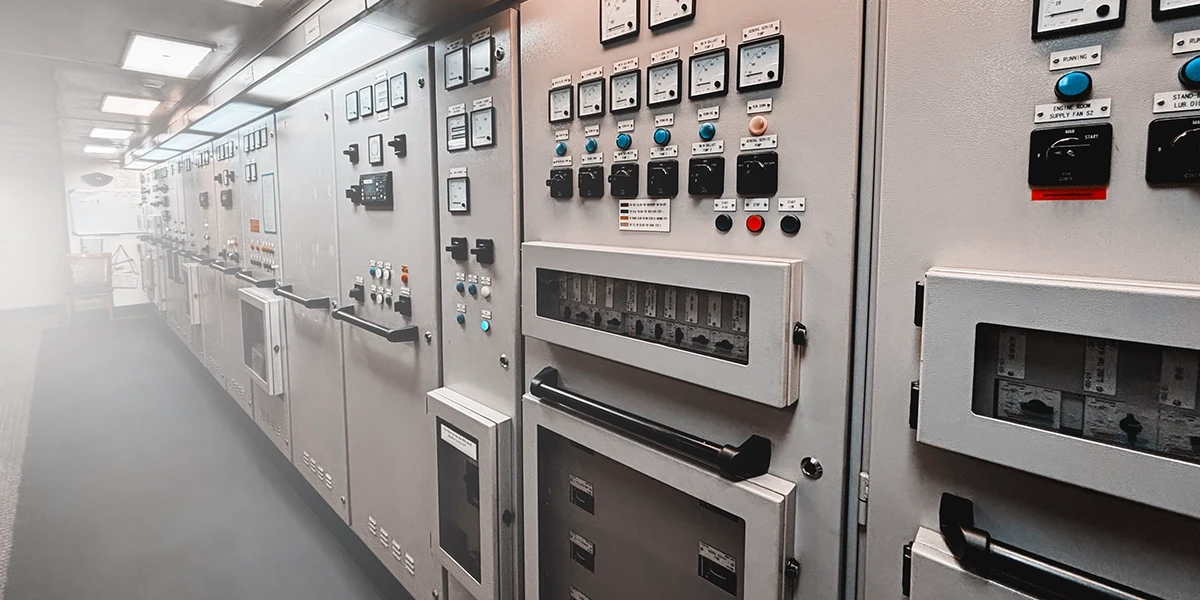
Essential Power Distribution Panels for Optimizing Your Industrial Setup
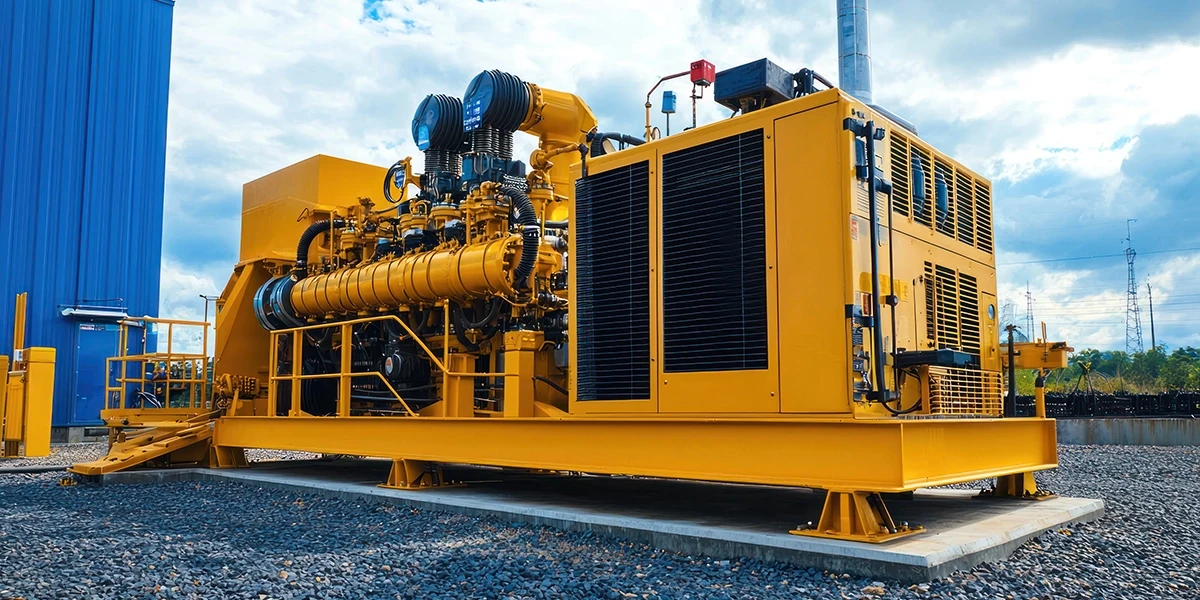
Top 5 Generator Protection Devices for Reliable Power Generation
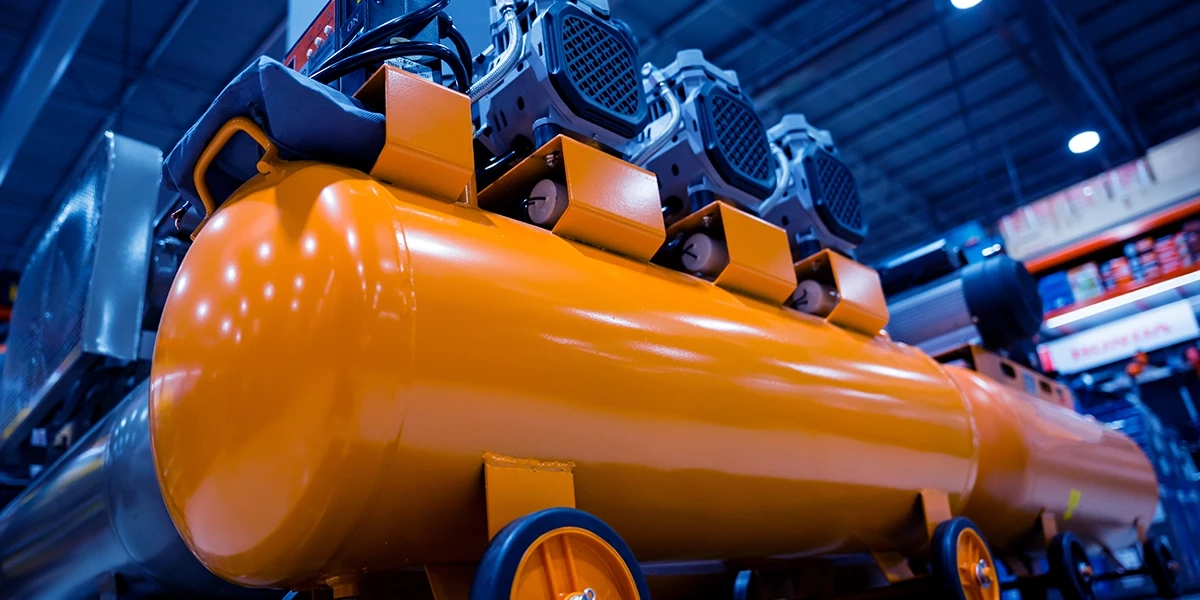
How to Choose the Right Industrial Air Compressor for Your Facility

Choosing the Right Global Power Transmission Equipment
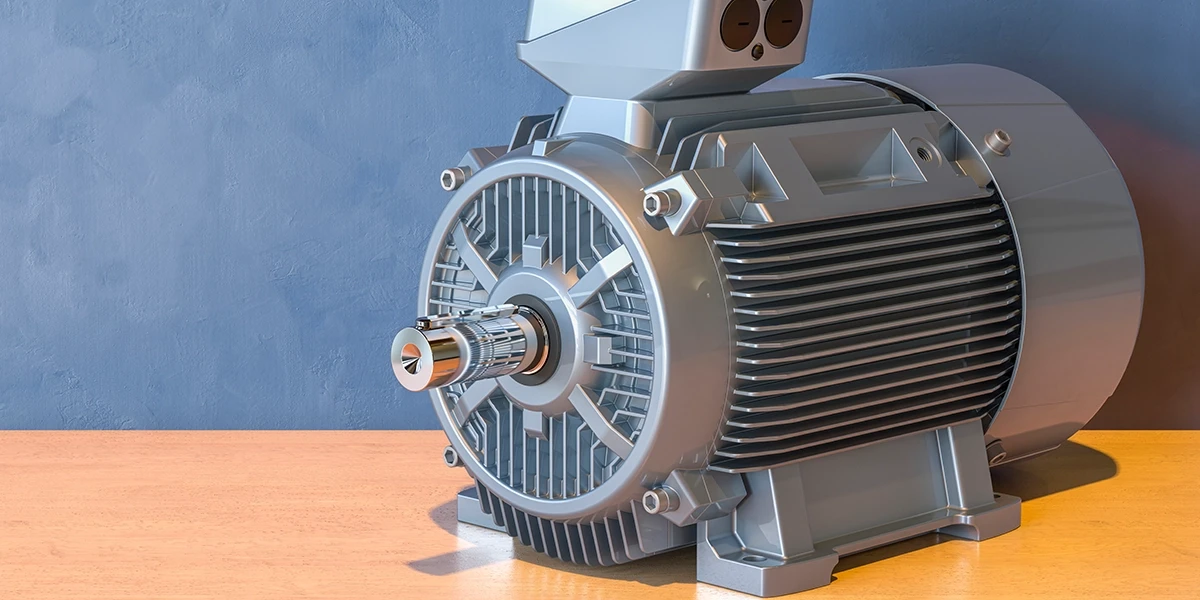
Top DC Motors for Industrial Automation
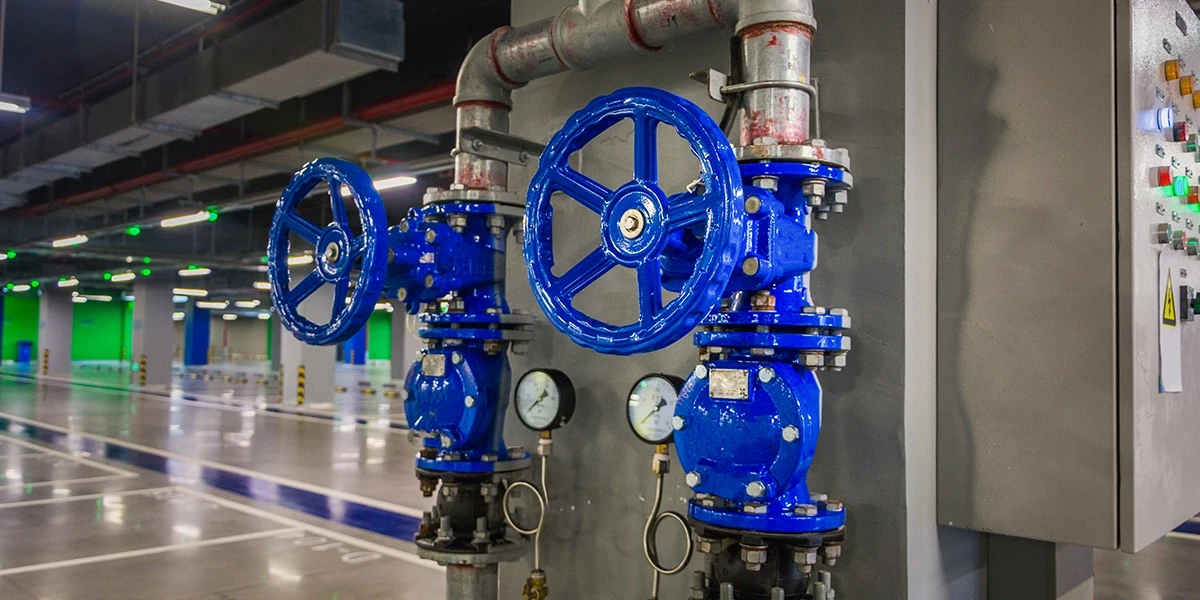
How to Select the Right Control Valves for Your System
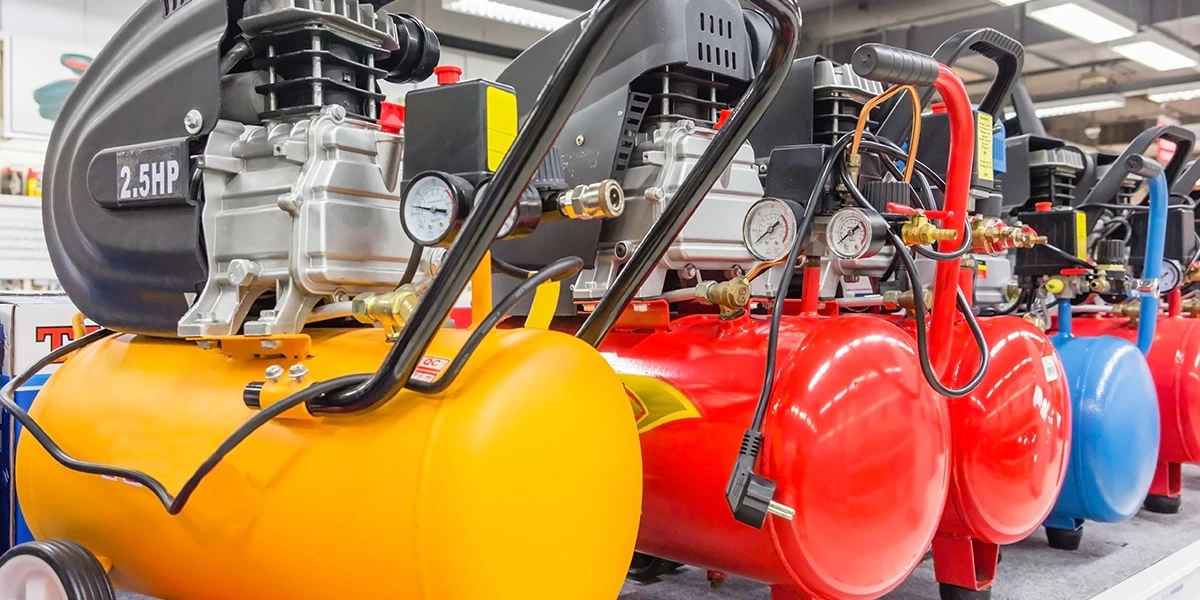
Air Compressors for Sale: Compare Models, Brands, Features